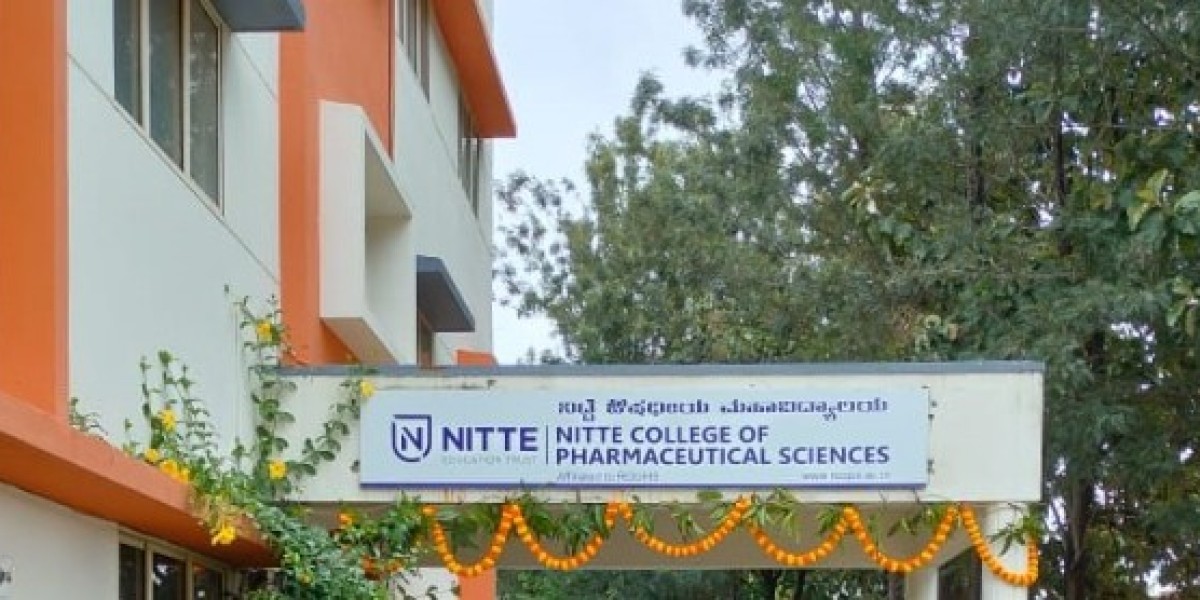Pursuing a career in pharmacy can be an exciting and rewarding journey, but it is essential to choose the right educational institution to lay a strong foundation for success. Bangalore, the bustling city known for its technological advancements and educational opportunities, offers several reputable pharmacy colleges. However, one crucial aspect that often weighs heavily on the minds of aspiring students and their parents is the fee structure. In this article, we aim to decode the fee structures of pharmacy colleges in Bangalore, shedding light on the factors that influence them and the value they offer.
Understanding the Components of Fee Structures:
Tuition Fees: The primary component of the fee structure is the tuition fee, which covers the cost of academic instruction, faculty salaries, and infrastructure expenses. Tuition fees can vary significantly based on the reputation and ranking of the pharmacy college. Renowned colleges with experienced faculty and state-of-the-art facilities may have higher tuition fees.
Hostel and Accommodation Fees: For out-of-town students or those who prefer on-campus accommodation, hostel fees are an essential consideration. Hostel fees cover lodging, meals, and other amenities provided by the college's residential facilities. These fees may vary based on the type of accommodation and the facilities offered.
Examination and Laboratory Fees: Some pharmacy colleges in Bangalore include examination fees and laboratory fees in their fee structures. These fees are meant to cover the cost of conducting examinations, practical sessions, and laboratory experiments.
Library and Other Facilities: Colleges with extensive libraries and access to online journals and resources may include a separate fee for library facilities. Additionally, some institutions may charge fees for access to other facilities like sports complexes and extracurricular activities.
Miscellaneous Charges: Miscellaneous charges may include registration fees, identity card fees, and charges for various events and workshops conducted by the college.
Factors Influencing Fee Structures:
College Reputation and Ranking: Highly reputed pharmacy colleges in Bangalore, known for their academic excellence and industry connections, may have higher fee structures due to the value they offer in terms of education and placement opportunities.
Infrastructure and Facilities: Colleges with modern infrastructure, well-equipped laboratories, and advanced research facilities may have higher fees to cover the costs of maintaining and upgrading these amenities.
Faculty and Expertise: Institutions with experienced and accomplished faculty members may charge higher fees as they offer a high level of academic guidance and mentorship.
Accreditations and Affiliations: Pharmacy colleges with accreditations from regulatory bodies like the Pharmacy Council of India (PCI) and affiliations with esteemed universities may have fee structures that reflect the quality assurance provided by these credentials.
Evaluating the Value of Fee Structures:
While the fee structure is an essential factor to consider, it is equally important to assess the value provided by the college. Here are some key points to evaluate:
Quality of Education: Look for colleges that offer a comprehensive and industry-relevant curriculum, practical training, and research opportunities.
Placement Record: Investigate the college's placement record and industry tie-ups to gauge its success in providing job opportunities to graduates.
Faculty Expertise: Research the credentials and experience of the faculty members to ensure they can provide a nurturing learning environment.
Infrastructure and Facilities: Evaluate the college's infrastructure and facilities to ensure they support an enriching educational experience.
Alumni Feedback: Seek feedback from alumni to gain insights into their experiences and the value they derived from the education provided.
Conclusion:
Choosing the right pharmacy college in Bangalore involves a careful evaluation of the fee structure along with the value it offers in terms of education, faculty, infrastructure, and placement opportunities. Understanding the various components of the fee structure and the factors that influence it can empower aspiring students to make well-informed decisions that pave the way for a successful and fulfilling career in pharmacy.







